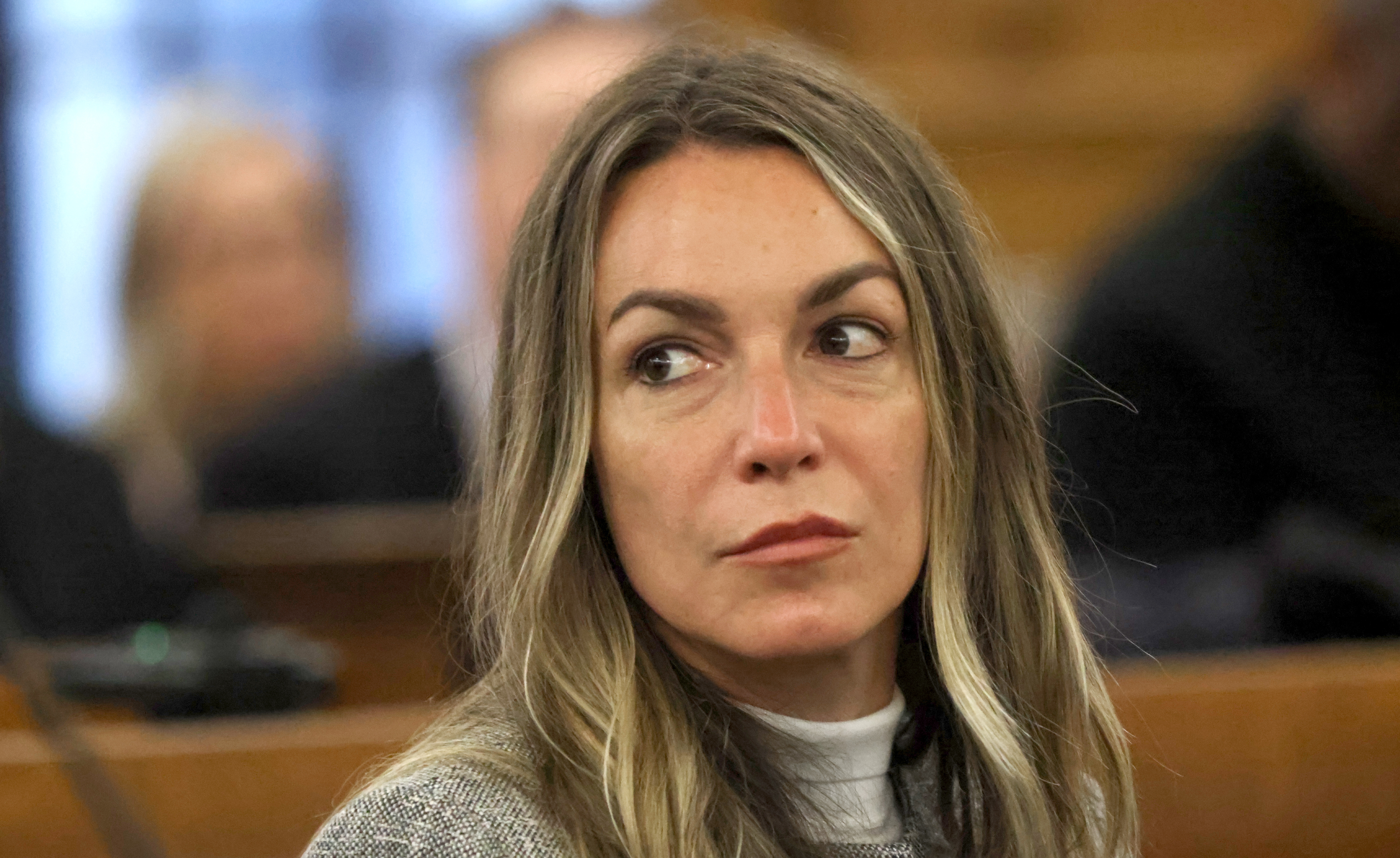Public transit riders in the Boston area would pay on average 6.3 percent more to ride buses, subways and trains under a fare hike proposal announced Monday by the Massachusetts Bay Transportation Authority.
If approved by the MBTA's Fiscal and Management Control Board, the new fares would take effect July 1.
State law limits MBTA fare hikes to 7 percent within each two-year period. The last time they were raised was in 2016.
Under the plan, most CharlieCard holders would see local bus fares increase by 10 cents to $1.80, subway fares would rise 15 cents to $2.40 and the cost of a monthly pass would go up by $5.50 to $90.
Commuter rail prices would vary by region but the maximum increase for a one-way fare would be 75 cents.
While stopping just short of endorsing the overall plan, Republican Gov. Charlie Baker said the process the transit system was using to address fares was "appropriate" and designed to avoid hitting riders with steep increases such as the 23 percent average hike that occurred in 2012.
"The biggest and best thing the T can do to improve its performance and to get people to ride it is to do a better job of being reliable and dependable and predictable," Baker told reporters.
Local
In-depth news coverage of the Greater Boston Area.
The transit system's biggest problem was chronic underinvestment in tracks, signals and other infrastructure, Baker said, noting the MBTA plans to spend $8 billion over the next 5 years on capital improvements.
Some commuters were voicing their opinions about the proposal on Monday.
"So now we're going to pay for stuff that should've already been paid for, but here we are again and you need more money, for what, what are you fixing," asked Haverhill commuter Donna Artone.
Lakeville commuter Alex Luch said his commute will go up a lot but he understands.
"If there is a corresponding increase in service improvements, I would kind of understand it," Luch said.
Former MBTA general manager Jim Aloisi thinks a better system would be to have transit increases done together to level the playing field.
"We cannot have T fare increases without gas tax increases and increases in the fees we charge ride-hailing services like Uber and lift," said Aloisi.
A series of public meetings will be held next month before the control board takes a final vote on the fare proposal.


